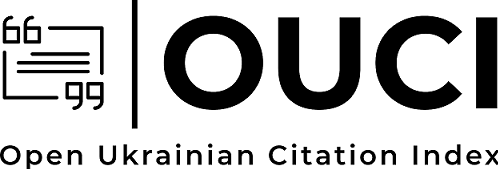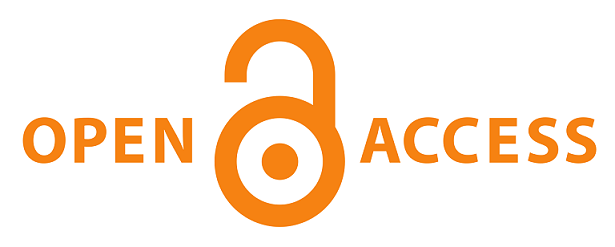The Theoretical and Practical Significance of the Concepts of “Strong” and “Weak” War in the Modern Context (Based on “On War” by Carl Clausewitz)
DOI:
https://doi.org/10.28925/2524-0757.2024.214Keywords:
war, politics, historical development, society, aggressionAbstract
In the article an attempt is made to consider the development of military theory in the diachronic aspect. The fact that war is not an unchanging phenomenon is being discussed and analyzed in different aspects. Constant change, which was the key thesis of a number of philosophers, retains its meaning even today in the context of modern warfare. With no university education in the background, the author uses philosophical theories established at that time and explains them in context. This contributes to his belief that a general is supposed to be a highly intelligent person. The significant relevance of work and its importance for the development of the nation create the need for its study at today’s stage of the historical and political development of Ukrainian society. In their majority, foreign armies imitated Clausewitz’s training methods and tactical doctrines. The phenomenon of creating several translations of the same work is assessed as well, which is motivated by the ever-growing interest in theoretical, political and historical works. The most prominent works, although written quite a long time ago, are still relevant today. The wartime poses significant challenges for people and requires courage and dedication. The society at the current stage of development is faced with the problem of understanding the historical legacy of past wars in connection with the need to adapt to new challenges this phenomenon poses. Recent events on the world stage prove that war is a phenomenon that cannot be avoided by the efforts of the defending side. One must, he insists, eschew doctrines which presume to provide a manual for action. He believes in theory, but only in the kind that develops out of long study of the history of war. Theory exists to distinguish precisely what at first sight seems fused. The main concepts of the author are being considered, such as the concepts of absolute and limited war, stronger and weaker war (that is, defense and attack, respectively), it is emphasized that war by nature is only a continuation of politics, or its tool.
Downloads
References
Blume, W. (1882) Strategie. Berlin [in German].
Brodie, B. (1959). Strategy in the Missile Age. Princeton University Press [in English].
Brooks, Th. (2024). Hegel’s Social and Political Philosophy. Internet Encyclopedia of Philosophy [in English]. https://plato.stanford.edu/entries/hegel-social-political/
Delbruck, H. (1920). Geschichte der Kriegskunst. [in German]. http://www.zeno.org/Geschichte/M/Delbr%C3%BCck,+Hans/Geschichte+der+Kriegskunst
Foch, F. (1931). The Memoirs of Marshal Foch. Translated by T. Bentley Mott. London [in English].
Hart, L. (1932). Foch the Man of Orleans. Boston: Little Brown [in English].
Kagan, F. (August, 2024). Ukraine and the Problem of Restoring Maneuver in Contemporary War [in English]. https://understandingwar.org/backgrounder/ukraine-and-problem-restoring-maneuver-contemporary-war
Kahn, H. (1960). On Thermonuclear War. Princeton University Press [in English].
Kant, I. (2016). Perpetual Peace; A Philosophical Essay. M. Smith (Trans) [in English].
Moltke, H. (1995). On the Art of War: Selected Writings. Ballantine Books [in English].
Rosinski, H. (1939). The German Army. London: The Hogarth Press [in English].
Rothfels, H. (2011). The German Opposition to Hitler: An Appraisal. Literary Licensing [in English].
Zaluzhnyi, V. (2024). The Russo-Ukrainian War as a War of Transition [in English]. https://www.pravda.com.ua/eng/columns/2024/07/22/7466922
Published
How to Cite
Issue
Section
License
Copyright (c) 2024 Павло Содомора

This work is licensed under a Creative Commons Attribution-NonCommercial-ShareAlike 4.0 International License.
Authors who publish in this journal retain the right of authorship of the work and give to the journal right of first publication of this work under the conditions of Creative Commons: Attribution-NonCommercial-ShareAlike 4.0 International (CC BY-NC-SA 4.0), which allows others freely distribute the work published with reference to the authors of the original work and the first publication of this magazine.














